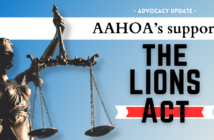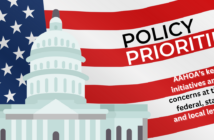Source; Wall Street Journal
By Kati McLaughlin
February 25, 2021
…
Real-estate agents around the country say that it is far more common for a buyer preparing for retirement to seek out a property where they can generate revenue by short-term renting until they are ready to occupy the house themselves.
…
Ensuring a short-term-rental-free neighborhood has gotten harder in the last few years. From the beginning of 2015 to the beginning of 2020, U.S. units rented short term on both Airbnb and Vrbo grew from about 450,000 to 1 million; revenue grew by 150% in that same period, according to Jamie Lane, vice president of research at AirDNA, an analyst for the short-term rental industry. Though the pandemic caused travel, bookings, and revenue to nosedive, a recovery is already under way, Mr. Lane said.
…
As short-term rentals have proliferated, so too have negative stories about living next to one, especially if it is a site used for frequent parties. These tales, plus his own experience, were what convinced Mr. Swenson to seek out Summit Creek and the Vistas at Entrada, both gated communities with strong rules and reliable enforcement, he said. In his previous home in Payson, Utah, the home two doors down from him was a short-term rental owned by an investment group, he said. Guests choked the street with parked cars and sometimes had loud parties.
…
Short-term rental rules are set in a number of ways, some of which overlap, some of which contradict each other and some of which can change over time. First, there are local municipal ordinances that can mandate rules such as 30-day rental minimums or require landlords to take out a permit. The gold standard for anti-renting ordinances is “platform accountability,” which means online platforms are held liable if they are found collecting fees on listings that contradict local laws, said Dale Carlson, co-founder of ShareBetter SF, a group that advocates for regulation of short-term rentals. Mr. Carlson has been retained personally to consult with hotel industry groups, but said the organization isn’t currently funded by the hotel industry. San Francisco, Santa Monica, Los Angeles, Boston, Portland, Denver, and Honolulu all have platform accountability statutes, Mr. Carlson said.
…




